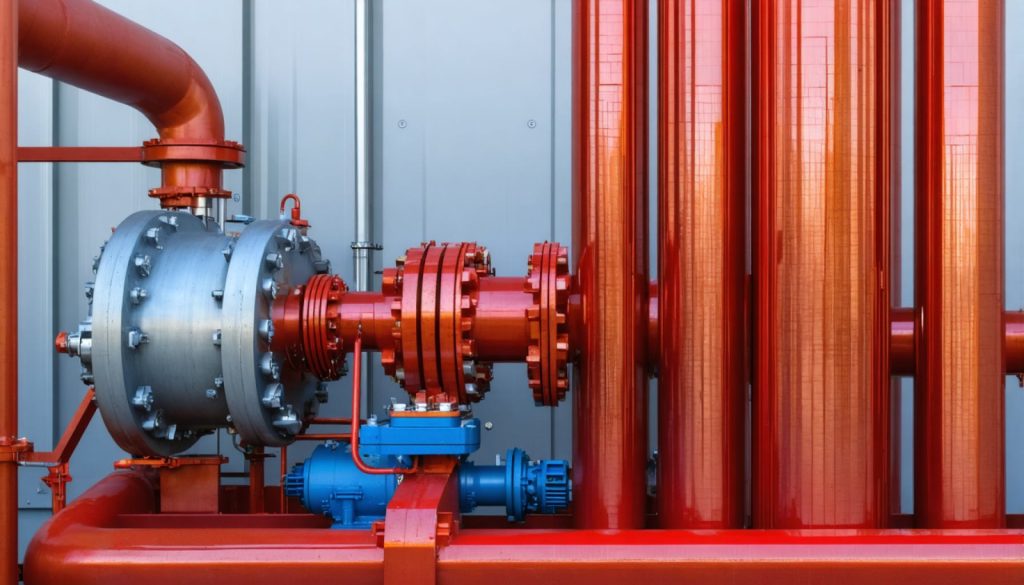
Red Metal Resources Stakes Its Claim in Canada’s Hydrogen Landscape, Eyeing a Clean Energy Future
Red Metal Resources Ltd. explores over 4,546 hectares in Ontario and Quebec, focusing on a hydrogen-in-soil discovery. The company’s advanced geophysical techniques include gravimetry and audiomagnetotellurism to detect underground resources. Strategic mineral deposits in Ontario’s Firstbrook Township—copper, silver, cobalt, and lead—offer additional













